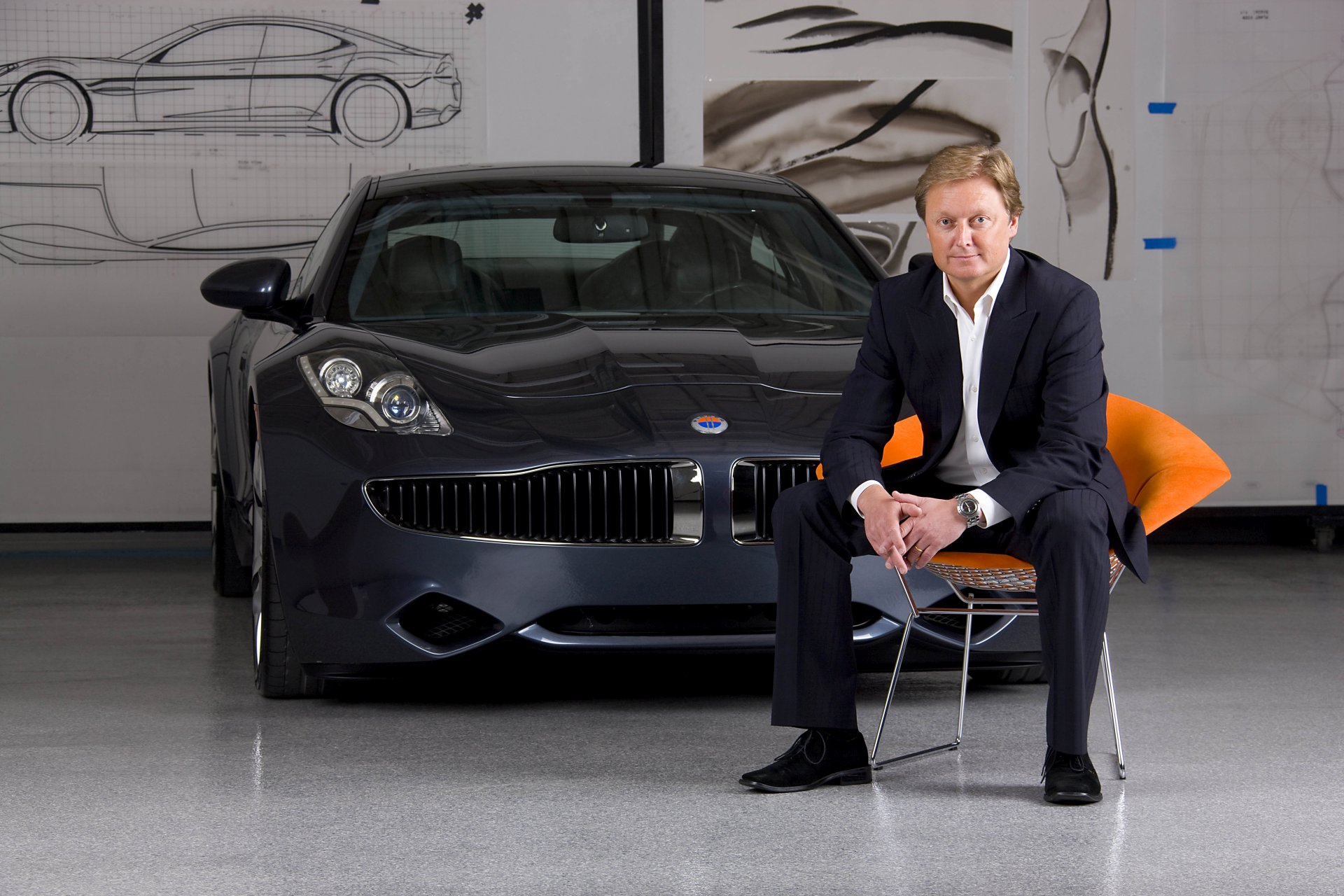Another flood of new electric-vehicle businesses are planning to discharge their first vehicles in the coming years. Rivian will challenge Ford’s F-150 with its R1T electric pickup truck. Lucid says it can top Tesla’s Model S with its Air extravagance car. Canoo needs to get rid of vehicle proprietorship with its eponymous membership vehicle that takes after a cutting edge minivan.
Be that as it may, as per Henrik Fisker, CEO of the electric-vehicle startup Fisker Inc.: “A majority of the new EV startups will disappear over the next 24-30 months, as they have focused on manufacturing, and they will take too long to learn this highly complex, difficult area.”
The vast majority of the new organizations intending to take on Tesla will go under inside the following three years as they battle with assembling: “They will not be given enough runway to do trial-and-error. Further, the next wave of EV buyers will have less patience for initial poor build quality and lack of reliability.”
Car producing is perplexing and costly, requiring high fixed expenses and the cautious get together of thousands of parts made by various providers. Tesla, the leading enduring individual from a prior age of new electric-vehicle businesses that incorporated’s Fisker Automotive, battled with assembling for a considerable length of time.
A portion of Tesla’s new rivals, such as Nio and Canoo, are re-appropriating creation to different organizations. Others such as Rivian and Fisker, will deal with creation themselves.
“The automotive industry will never look the same again, and there is no ‘back to normal,” Fisker said. New electric-vehicle businesses won’t be the main auto organizations that bomb in the wake of the COVID-19 pandemic. As assembling scale and appealing valuing become progressively significant, a few automakers and providers that make gas-fueled vehicles will likewise pass by the wayside.

